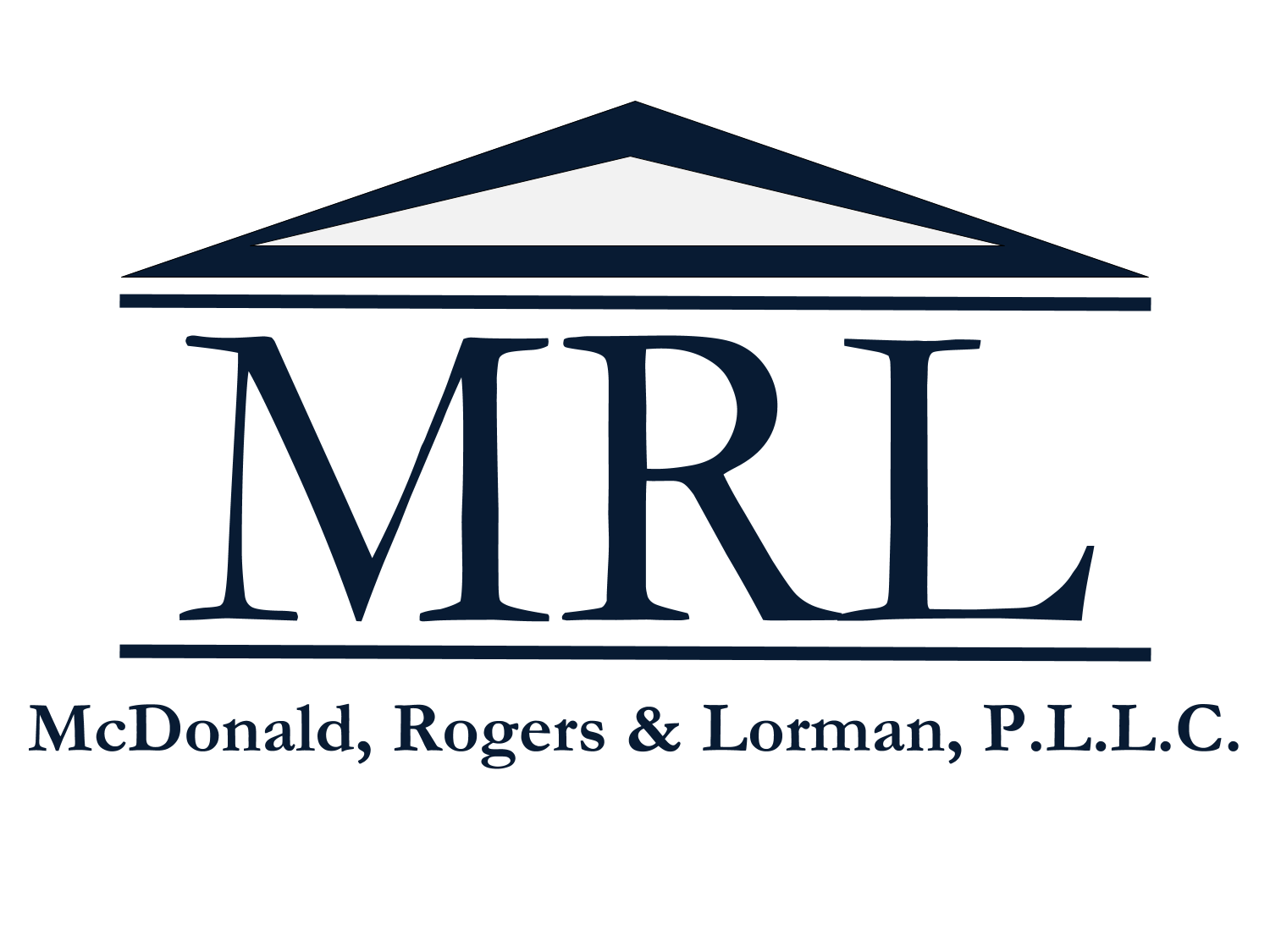The relationship between a landlord and a tenant is a delicate one, and each party has their own responsibilities to ensure that the relationship remains successful. Failure by either party to meet the contractual obligations as set forth in the rental agreement or lease can result in financial and/or legal problems later on. If you are a tenant or a landlord, it is important that you understand your obligations under New Hampshire law before entering into a rental agreement.
Obligations of the Tenant
A tenant has many responsibilities when renting and living in the property owned by another person. These include but are not limited to:
- Recording the current condition of the property and returning it to the landlord within 5 days of inhabiting the residence (a walkthrough video is great for documenting the property’s condition)
- Maintaining the property in a respectable fashion, including avoiding purposeful or careless damage
- Providing the landlord with a minimum of 30 days before vacating the property, with the exception of cases where the lease or rental agreement specifies an alternative time period
- Abiding by all terms set forth in the lease or rental agreement, including paying rent, pet and smoking policies
If a tenant does not meet their responsibilities as determined by New Hampshire law and contract law, the tenant may be rightfully evicted from the premises.
Obligations of the Landlord
Landlords have significantly more responsibilities to the tenant residing in his or her property. This includes but is not limited to:
- The responsibility to ensure that the building meets current New Hampshire health and safety codes, including providing tenants with adequate light, space, ventilation, sanitation, and heating/cooling
- The responsibility to provide adequate smoke detectors for all rental units
- The responsibility to provide adequate smoke detectors and/or fire warning devices in common hallways and stairways in multi-unit properties
- The responsibility to provide tenants with privacy and to obtain permission to enter the premises with advance notification
If a landlord does not meet their responsibilities as determined by New Hampshire law and contract law, the tenant may be able to rightfully withhold rent to compel a landlord to comply, or the tenant may be able to rightfully vacate the premises without advance notice, or the tenant may have additional remedies granted by New Hampshire Law.
When to Contact a Landlord/Tenant Law Attorney
Often, disputes between a landlord and a tenant can be handled amicably without the need for an attorney, especially in cases where both parties are aware of their contractual obligations and are willing to meet them. However, this is not always the case.
In instances where either your landlord or tenant is refusing to meet their responsibilities or abide by state law, it may be in your best interest to consult a landlord/tenant law attorney. This is particularly true in cases where you are interested in taking an action that would normally put you at risk, such as withholding rent to force a landlord to comply, but is a protected action in certain circumstances. This is also true of eviction proceedings where strict requirements must be complied with in order for the court to order the eviction of a tenant.
By obtaining sound legal advice regarding your situation and your rights as a landlord or tenant, you can be confident that you are abiding by the law and exercising your rights when you move forward in the matter.
The Landlord/Tenant Attorneys at McDonald, Rogers & Lorman, P.L.L.C. are well versed in New Hampshire property rental laws and can provide zealous legal support to both tenants and landlords in a variety of matters, including disagreements or disputes. They can represent you in mediation discussions to help keep cost and time at a minimum, however, in cases where litigation becomes necessary, they can represent you aggressively in court.
The lawyers at McDonald, Rogers & Lorman, P.L.L.C. are both detail oriented and able to help you navigate the “big picture.” They will evaluate your case to determine what your next best step will be. Call today for a consultation to speak with an attorney regarding your property rental needs.


